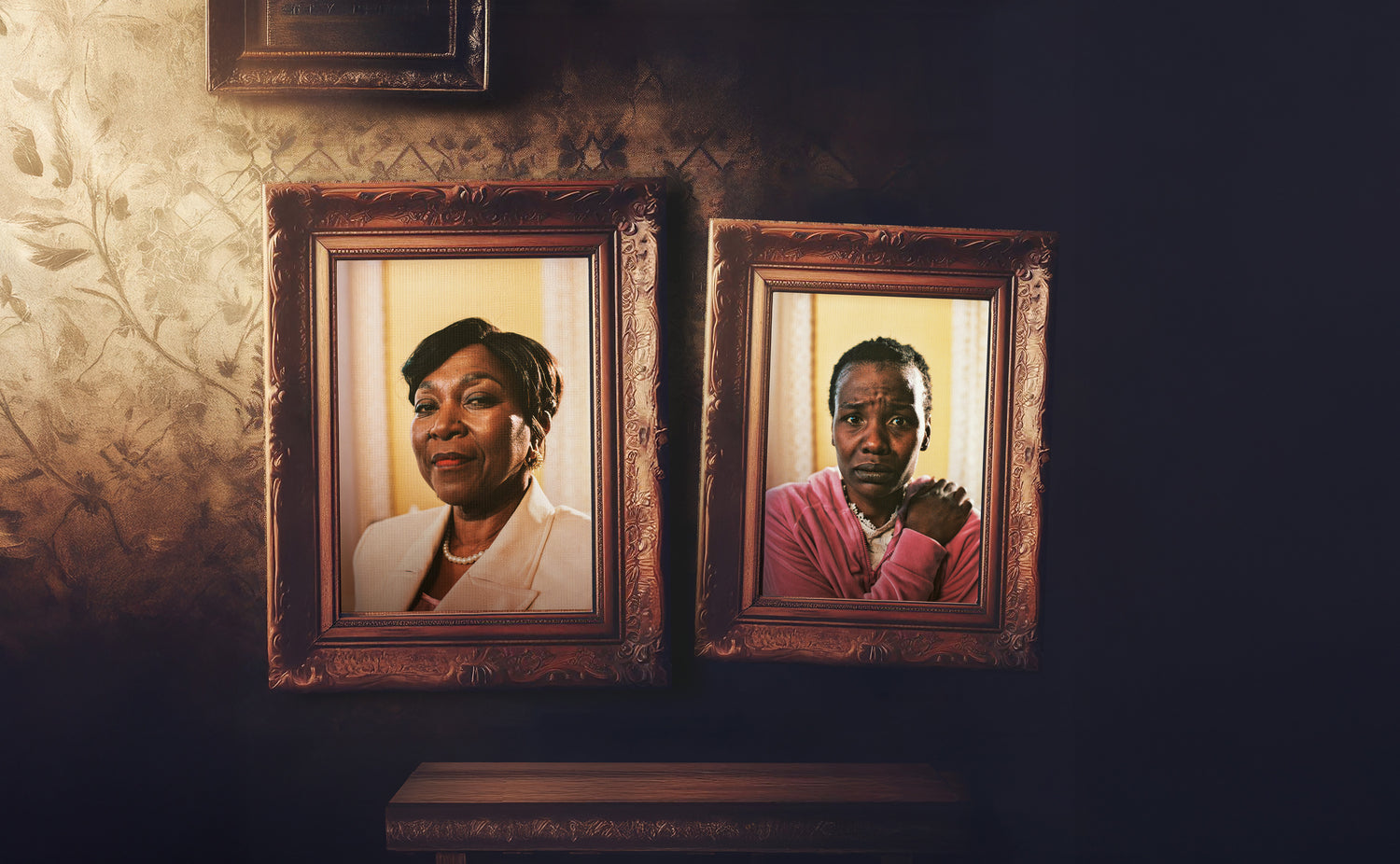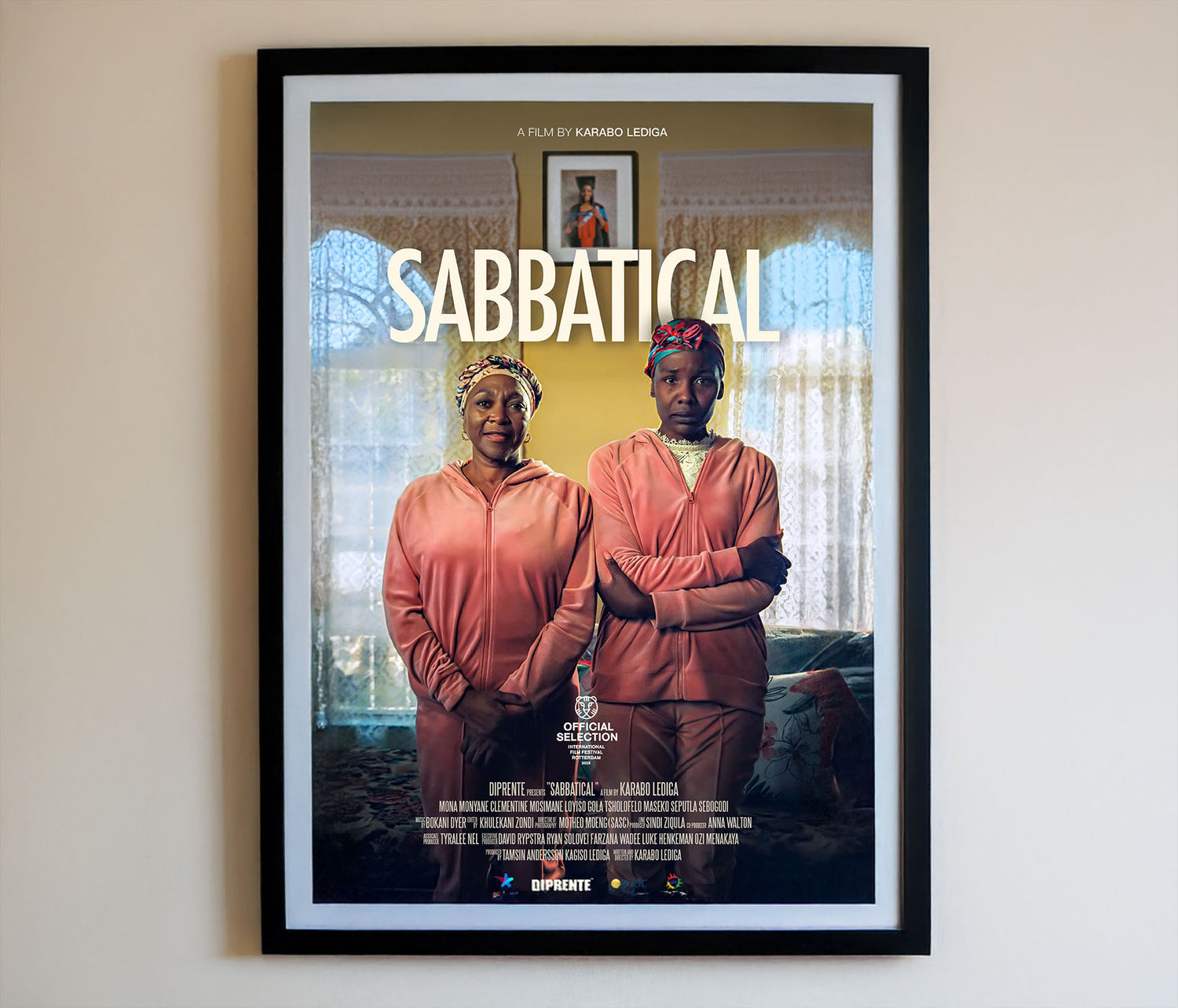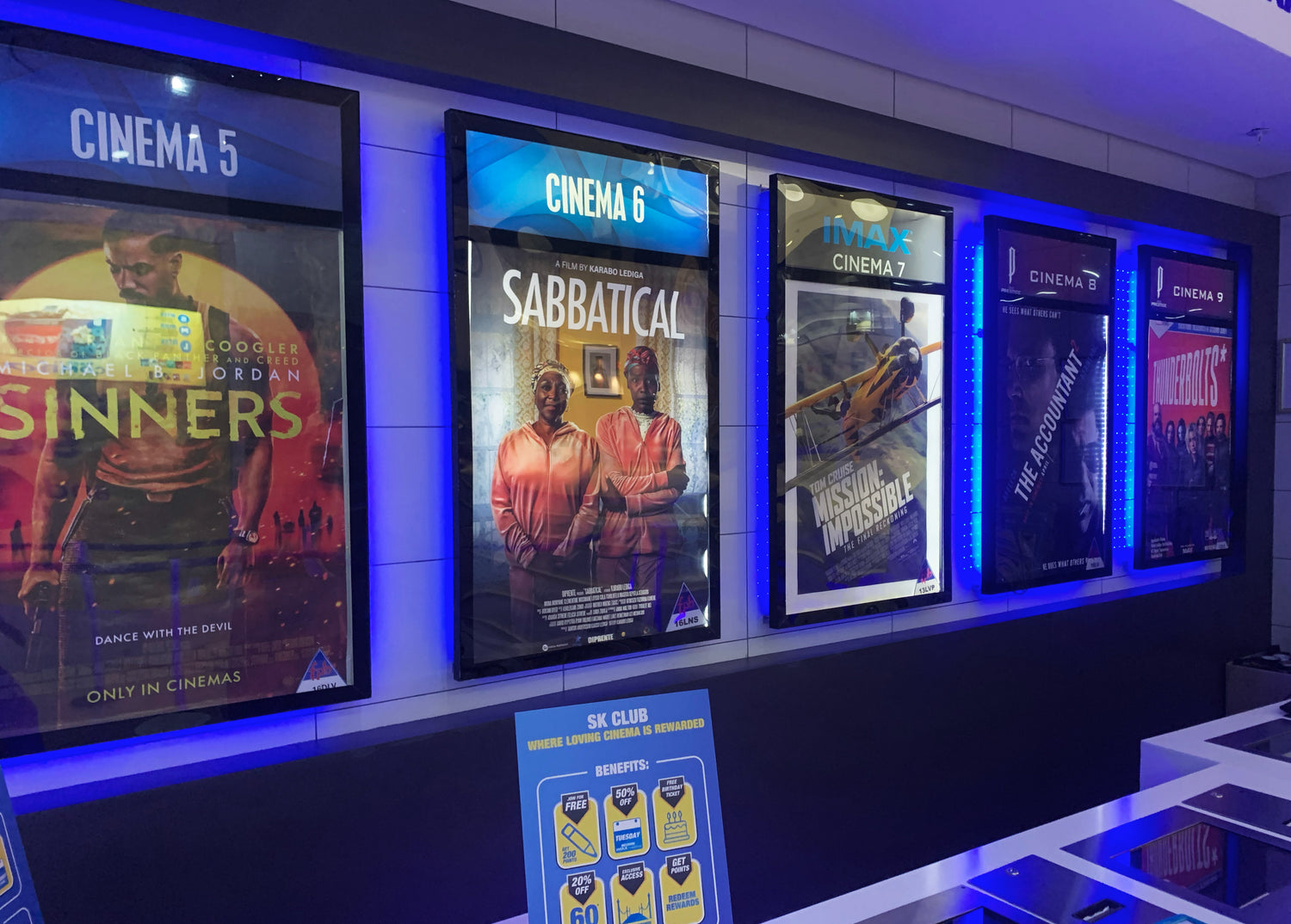The Sabbatical

Karabo Lediga’s directorial debut,Sabbatical, offers a compelling cinematic exploration of identity, ambition, and familial tension. The film captures a story that is deeply rooted in South African realities while resonating with universal themes of self-confrontation and reckoning. With Diprente—the studio behindCatching FeelingsandMatwetwe—at the helm,Sabbaticalsignals a new voice in contemporary South African storytelling.

At the center of the narrative is Lesego, portrayed by Mona Monyane, a corporate executive on the verge of becoming the CEO of a major financial firm, LouwFin. Her seemingly unstoppable rise comes to a halt when she becomes entangled in a corruption scandal linked to the misappropriation of miners’ pension funds. This scandal sends her back to her roots in Pretoria, where silence replaces the boardroom noise, and she is forced to face not only the fallout of her career but also unresolved issues from her past.

The tone of the film walks a delicate balance between dramatic tension and subtle humor. It presents a nuanced look at awkward homecomings, gossip-filled streets, and the quiet humour that can emerge in difficult reunions. Central to this emotional landscape is the relationship between Lesego and her mother, Doris. Played with gravity and vulnerability by Clementine Mosimane, Doris represents both the sacrifices made for her daughter’s success and the deep disappointment of watching that success unravel.

Adding to the film’s distinct identity is its striking movie poster design. Drawing visual inspiration from Wes Anderson’s iconic use of symmetry and colour composition, the poster mirrors the duality at the heart of the film—its seriousness and its wit.

The carefully balanced composition and stylized aesthetic of the design captureSabbatical’s tone perfectly: measured yet playful, somber yet sharply observant. This visual approach sets the stage for a film that’s as visually engaging as it is emotionally resonant.
